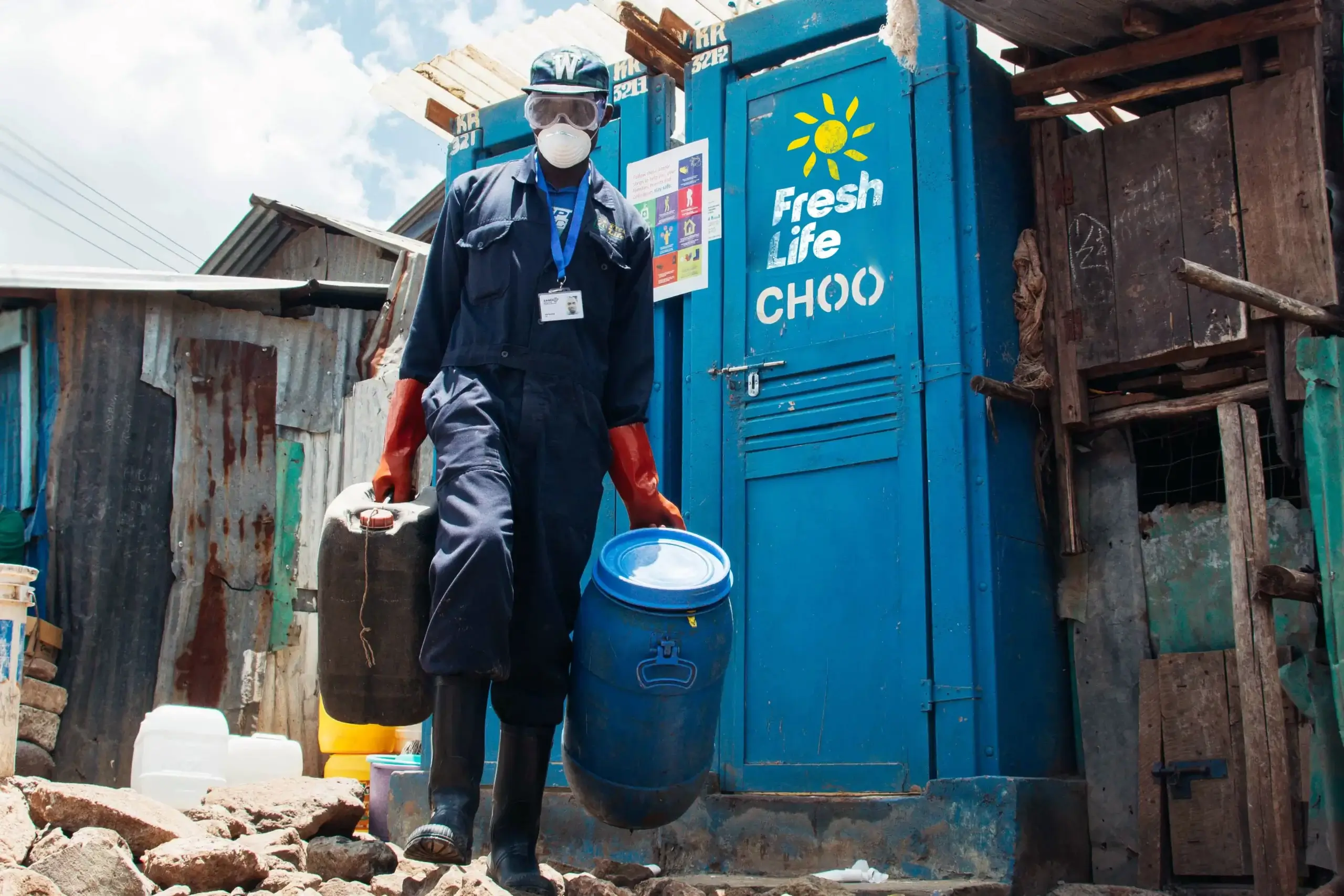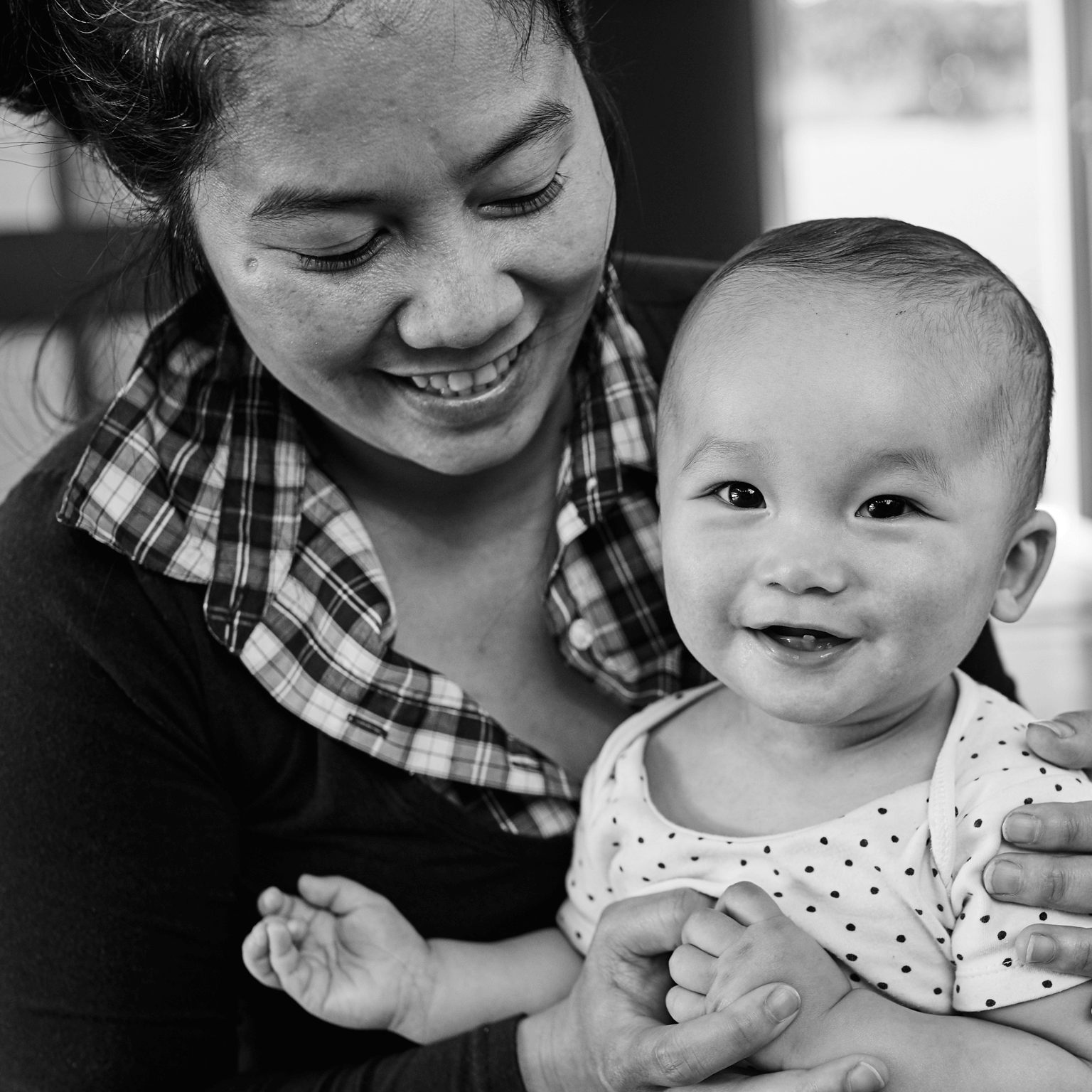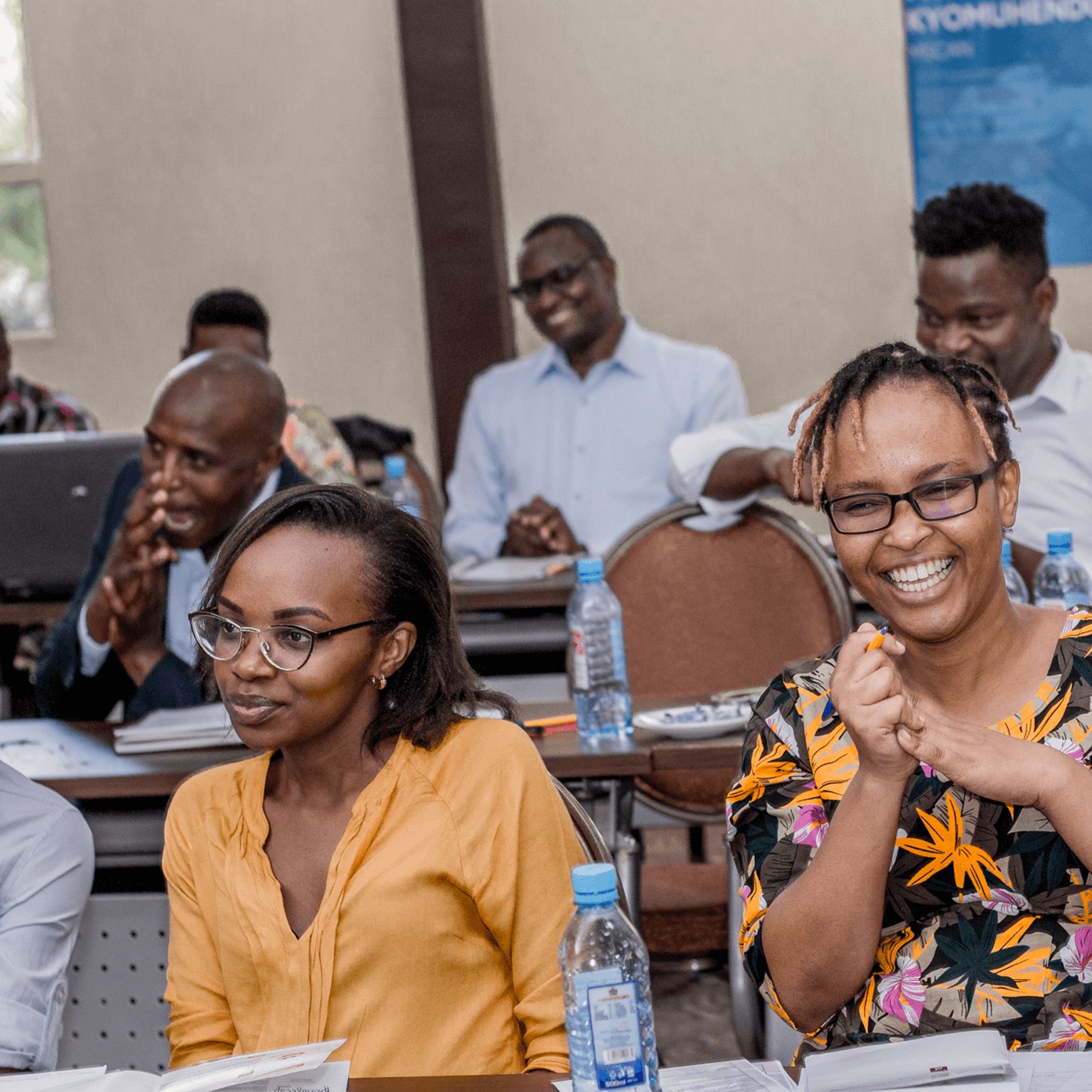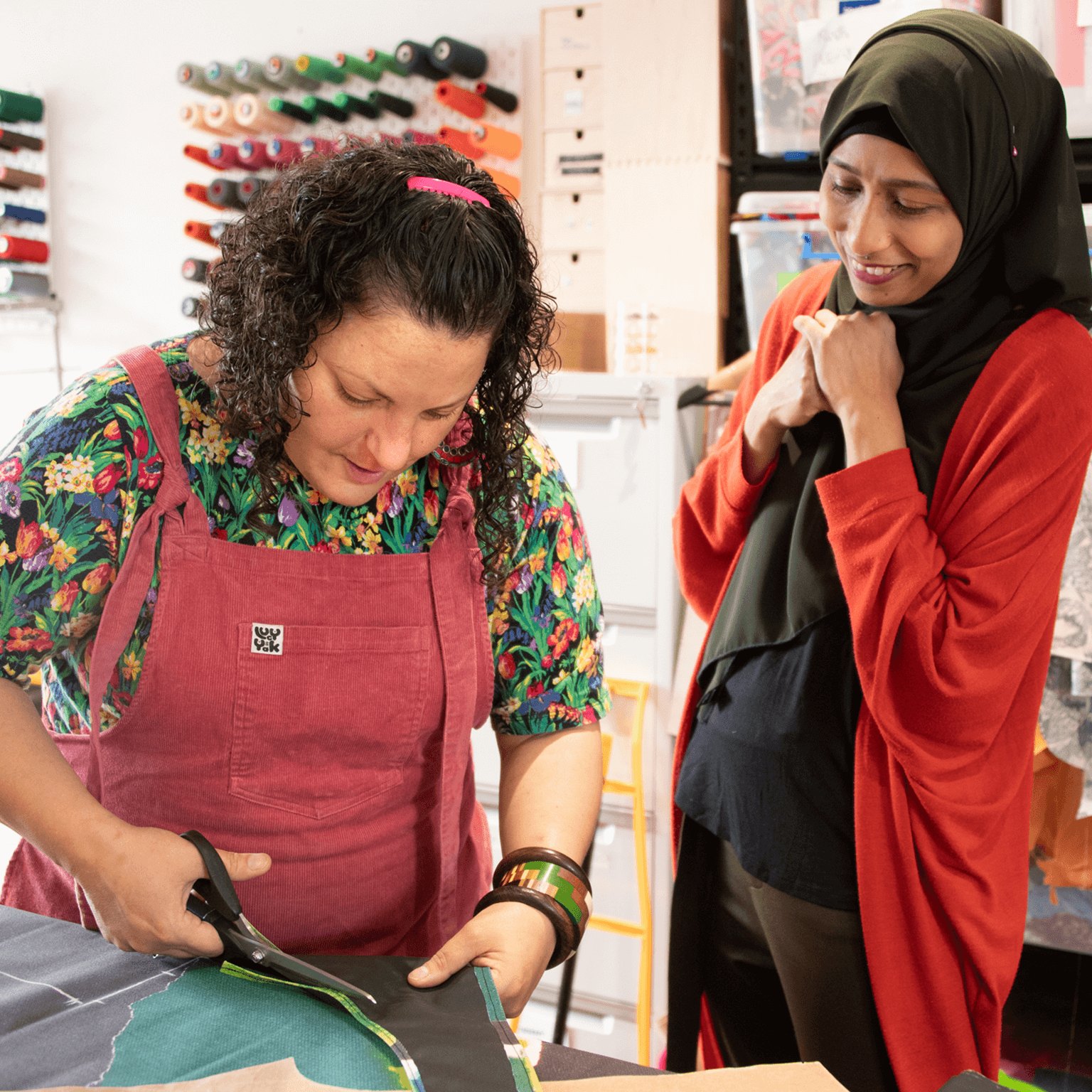Fresh Life

In the densely populated informal settlements of Kenya and Zambia, where reliable access to water and power is a challenge, toilets are critically scarce. Without proper sanitation facilities, diarrheal diseases spread, students are deterred from attending school, and women and girls face risks leaving their homes after dark. Together with local communities, Fresh Life is expanding […]



